Fishing
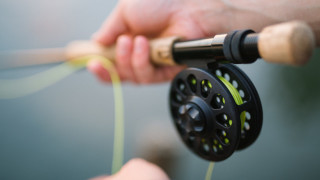
Fishing
Fishing is all about catching fish and it may also include taking other aquatic animals like gathering molluscs, (such as clams and scallops) cephalopods (octopus and squid), crustaceans (lobster and crab), and echinoderms (eg starfish). It does NOT apply to catching higher aquatic animals and mammals, such as whales or dolphins. Normally, fish are caught from the wild, whether on a river or stream or the ocean, however, there are some businesses that keep a lake stocked with fish where casual fishers can come for a day’s sport and relaxation. This also has the benefit of almost a 100% guarantee of success!
There are many techniques for catching fish. These can include angling, which is what most people think of when they talk about fishing but also netting (which can be illegal) hand gathering, spearing, or trapping. Some of these may be useful techniques for those who want to practise survival tactics,
Angling is the most likely technique used by those who fish for sport or leisure, and a popular angling method is Fly Fishing where an artificial “fly” resembling a downed fly or other food organism, or a lure that tempts the fish to strike (try to catch the fly) is cast into the water using a fly rod and weighted line. This requires a fair amount of practise for success. Fly fishermen often use hand tied flies that take practice to make and making them can be considered an art. Fly fishing is perhaps one of the oldest forms of fishing, with evidence showing it was used as a form of recreational fishing in the Roman Empire as early as the second century!
Fly fishing is fun and relaxing whether done in fresh or salt water. In the USA, fresh water fishing can be done for cold water species, such as salmon or trout and also for warm water species, like Bass. In temperate climates, like the UK, where there are much smaller variations in water temperature, fishing is done either for game fishing (trout and salmon again) or coarse fishing (such as Perch).
While you may have paddled in bare feet in tiny streams, looking for small fish to tickle as a child (Miller’s Thumb or Bombos were the ones I got), these days there are many pieces of gear available to make your next (or your first) fishing venture a comfortable and enjoyable experience. You can get rods and reels and fly lines to replace small fingers and waders and boots to keep those feet warm, along with jackets, fly packs and other tools and accessories.
Fishing is a great way to relax. You can sit on a river bank, or by the sea shore, or even fish from a small boat or a canal boat along an old waterway as you float gently along, waiting for a bite. Even if it rains, you can sit in a tent or under a large umbrella on a stool or under an awning on a boat. Whether on land or water, no two days are ever the same.
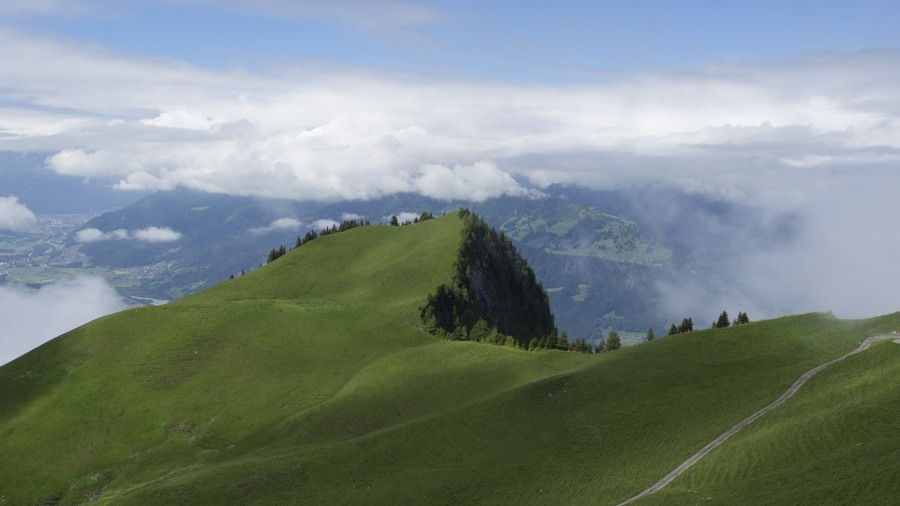 Where Will You Be?
Where Will You Be?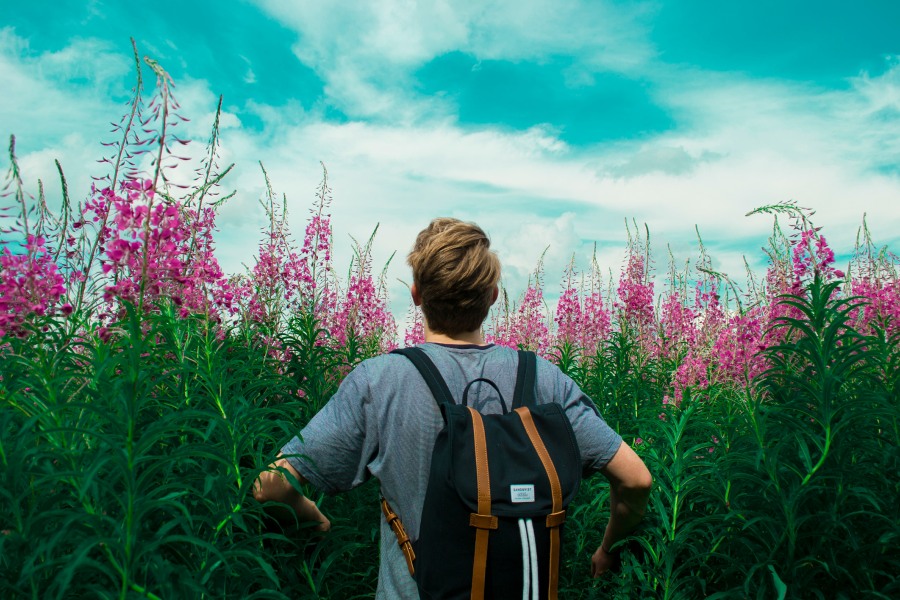
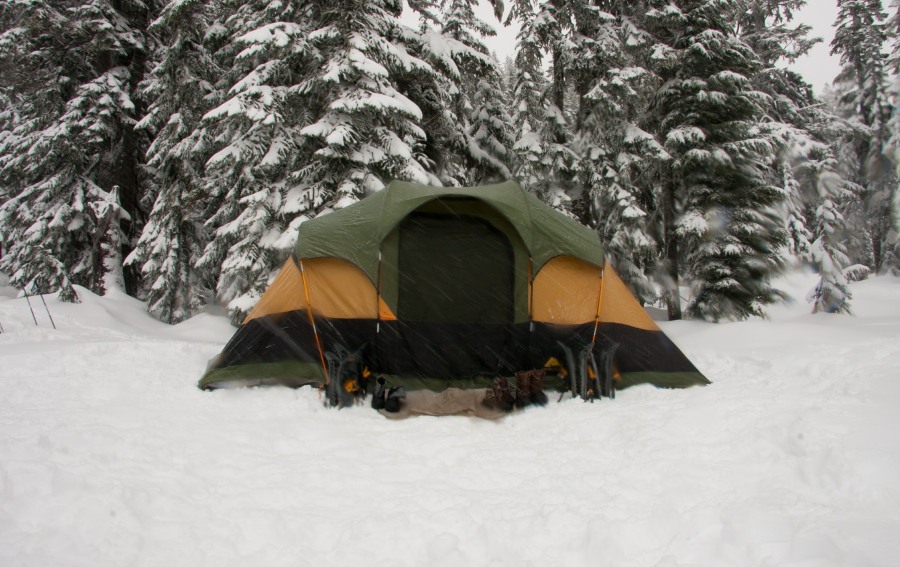 Try It OUT BEFORE GOING
Try It OUT BEFORE GOING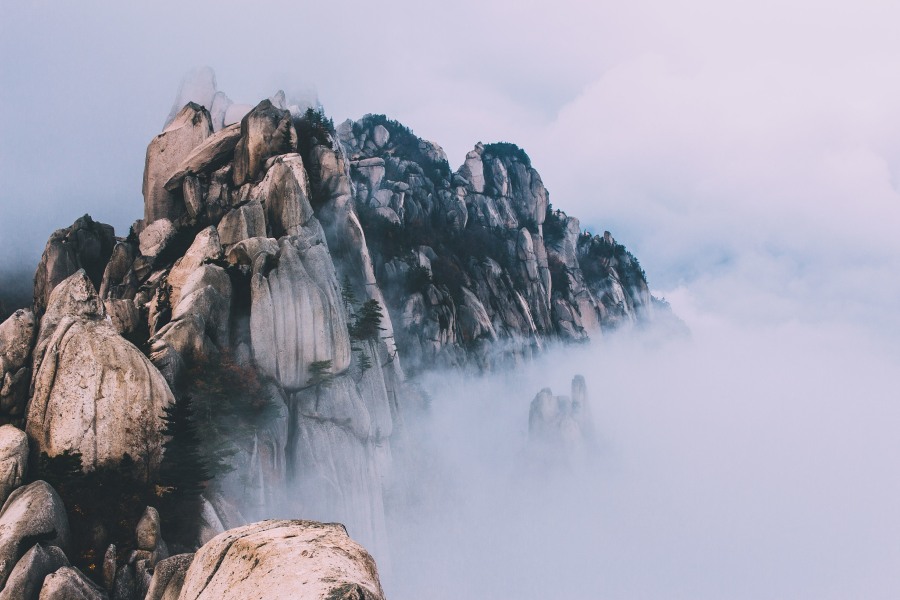 appropriate clothing for your trip. Check the weather forecast and bring the clothing that will be needed on your trip. If it is going to be cold, make sure you have the appropriate coats, gloves, and shoes. Remember to also pack a rain poncho no matter what the weather forecast predicts.
appropriate clothing for your trip. Check the weather forecast and bring the clothing that will be needed on your trip. If it is going to be cold, make sure you have the appropriate coats, gloves, and shoes. Remember to also pack a rain poncho no matter what the weather forecast predicts.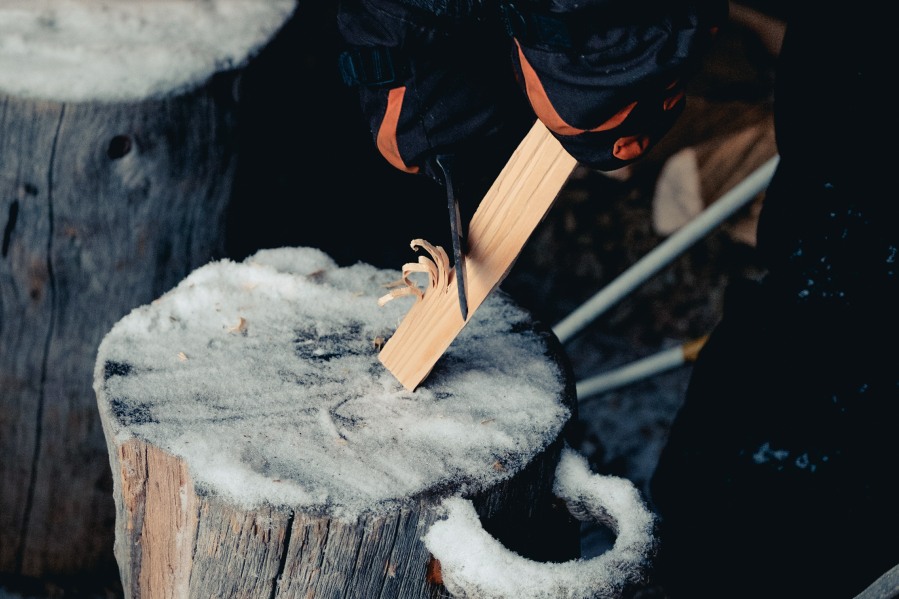 When camping, a survival knife is essential. It can serve many important purposes. Depending on the type of knife you get, you can use it to cut wood or slice through rope or even to clear brush out of your way.
When camping, a survival knife is essential. It can serve many important purposes. Depending on the type of knife you get, you can use it to cut wood or slice through rope or even to clear brush out of your way.